(QBĐT) - Over the past years, the national malaria prevention and control program in Quang Binh has achieved remarkable achievements. There have been no domestic malaria cases or malaria epidemics for 3 consecutive years, and 2/8 districts, towns and cities have been recognized as malaria-free. This will be a great opportunity for the province to strive towards malaria elimination by 2026.
3 consecutive years without domestic malaria cases recorded
More than 3 years ago, in mid-March 2021, when a case of domestic malaria was detected in Doc May village, Truong Son mountainous commune (Quang Ninh), the Provincial Center for Disease Control (CDC) sent a special working group to coordinate with the Quang Ninh District Medical Center to cross mountains and wade through streams to bring medical equipment and medicine to the village near the Vietnam-Laos border to help people prevent and fight malaria.
Along with health check-ups, blood tests, malaria prevention medicine, mosquito spraying, staff instructed people to clean the environment, clear bushes around to prevent mosquito breeding, and sleep under mosquito nets; CDC staff of the province used their bodies as bait to catch mosquitoes for research to quickly find a way to prevent the increase in malaria cases here.
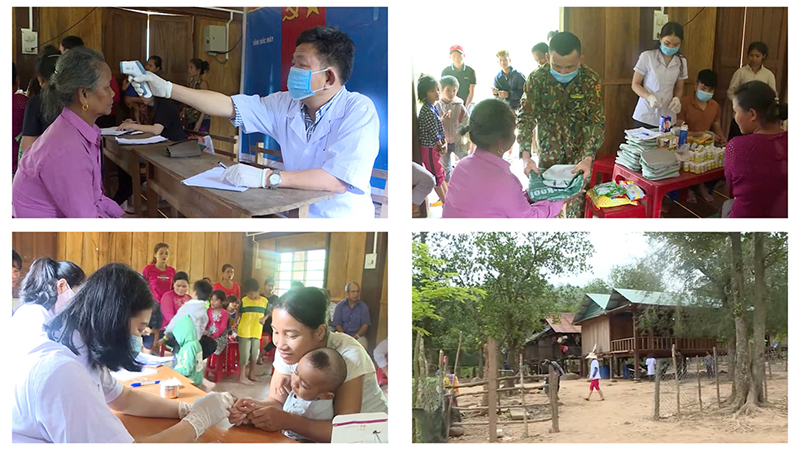 |
“The captured mosquitoes were brought to the laboratory for malaria parasite testing to assess the situation of malaria vectors at the location where the mosquitoes appeared and in the surrounding areas. This method is highly effective in curbing the increase in new malaria cases. The study of mosquitoes captured at the location where the cases were detected helps the provincial health sector to make accurate assessments of the malaria situation and areas at risk of malaria outbreaks, promptly providing effective solutions to prevent and control the epidemic. Thanks to that, Doc May village has not had an outbreak and there have been no more malaria cases since then,” recalled Deputy Director of the provincial CDC Nguyen Ngoc Anh, Head of the special working group in Doc May at that time.
For many years, the Central Highlands has always been considered the country's malaria hotspot. With its geographical location, a long border with Laos and Cambodia, the presence of nature reserves, national forests, and the concentration of ethnic minorities, whose occupations are closely related to forests/farms... these are potential factors for malaria outbreaks in the region.
| Currently, 46 provinces and cities nationwide have been recognized as malaria-free. In particular, the Central Highlands region has Da Nang City as the first unit to be recognized as meeting the criteria for malaria elimination (in 2019), followed by Thua Thien-Hue province (in 2022) and the remaining provinces in the region are striving to complete malaria elimination according to the roadmap set by the Ministry of Health: Vietnam will eliminate malaria by 2030. |
Quang Binh used to be one of the provinces in the region with severe malaria, but thanks to appropriate and effective intervention measures, up to now, the number of malaria cases has decreased significantly, there are no more malaria epidemics and the scope of malaria circulation has also gradually narrowed. Notably, in the past 10 years, our province has achieved remarkable results in malaria prevention, control and elimination. The number of malaria cases has decreased significantly from 609 cases in 2015, to only 3 cases in 2021 (1 case of domestic malaria in Doc May village and 2 cases of imported malaria). In 2022, the whole province recorded 6 cases of imported malaria; in 2023, 2 more cases of imported malaria were recorded from Africa and in the first 9 months of 2024, 1 case of imported malaria was recorded from Thailand.
Thus, for more than 3 consecutive years (from April 2021 to present), the province has not detected any malaria outbreaks or domestic malaria cases. At the end of 2023, 2 localities, Dong Hoi City and Ba Don Town, were recognized as meeting the criteria for malaria elimination on a city-wide and town-wide scale. With the achievements, Quang Binh has a great opportunity to eliminate malaria in the entire province by 2026 (5 years earlier than the roadmap set by the Ministry of Health).
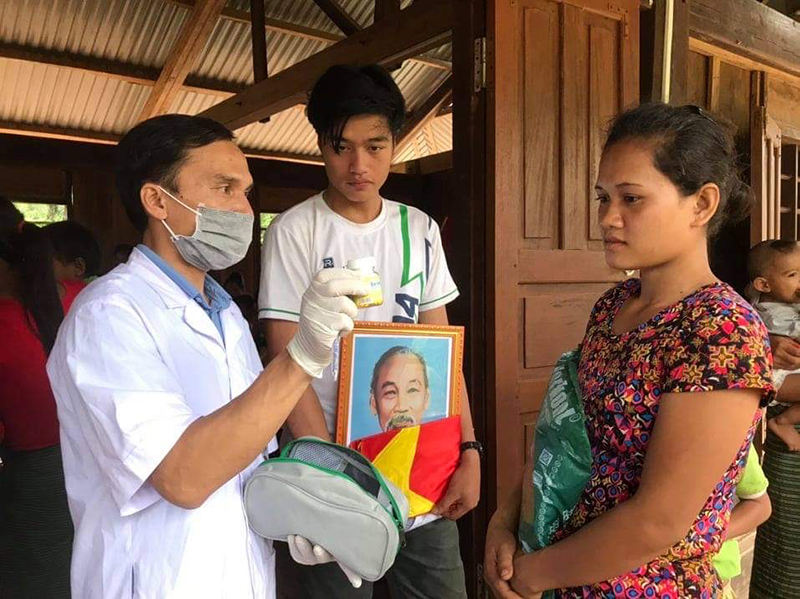 |
Striving to eliminate malaria by 2026, Quang Binh
Over the past years, with the continuous efforts of the health sector, directly the team working on disease prevention and control at all levels, especially the grassroots health sector, has contributed greatly to the prevention, control and elimination of malaria in the province. In particular, malaria epidemiological surveillance has been proactively and synchronously deployed from the provincial to grassroots levels; the operation of microscopy points has been enhanced in combination with the use of rapid diagnostic tests to limit malignant malaria and deaths due to malaria. In addition, the work of diagnosing and treating malaria for people has been focused on improving the quality through proactive disease detection activities in villages and hamlets and the use of highly effective combination antimalarial drugs to treat malaria patients...
In particular, with the funding of the project "Regional Initiative to Prevent and Eliminate Artemisinin-Resistant Malaria in the 2021-2023 period" implemented in 6 districts: Le Thuy, Quang Ninh, Bo Trach, Quang Trach, Tuyen Hoa, Minh Hoa with 62 communes (including 507 villages and hamlets) participating in the project. Thanks to that, localities in the malaria-endemic area have achieved certain goals: Ensuring that all people have access to early diagnosis services, timely and effective treatment at medical facilities; protecting people in risk areas with appropriate measures to prevent and control malaria-transmitting mosquitoes; improving the capacity of the malaria epidemiological surveillance system and ensuring the capacity to respond to malaria epidemics; improving people's knowledge and behavior to proactively protect themselves from malaria...
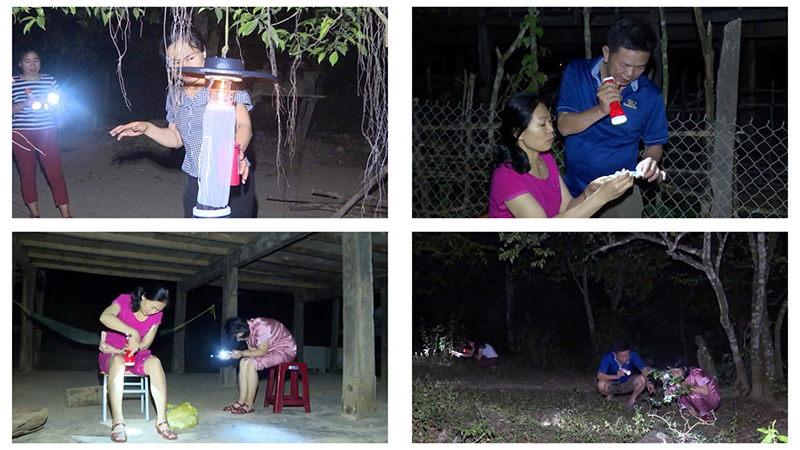 |
According to statistics, each year the province has more than 200,000 people living in malaria-endemic areas protected by mosquito-killing chemicals; more than 10,000 patients are provided with free malaria prevention and treatment drugs. The province sets the following goals: Continue to reduce the risk of malaria epidemics in key areas, prevent malaria epidemics from occurring; strive to reduce the incidence and mortality rate due to malaria in the area to below 0.10/1000 people; improve the quality of malaria prevention and control at all levels, gradually achieving sustainable factors in malaria prevention and control; implement measures to prevent malaria from returning in areas where malaria has been eliminated... so that by 2026, Quang Binh will announce the elimination of malaria in the entire area.
Requires community efforts
According to the Director of the Provincial CDC, Do Quoc Tiep: Malaria is an infectious disease caused by the Plasmodium parasite, of which the Anopheles mosquito is the intermediate host. The disease can be transmitted through blood transfusion, from mother to child, sharing needles contaminated with blood infected with the parasite, or by mosquito bites. Anyone can be infected with malaria if they live or travel through mountainous areas where malaria is prevalent and are bitten by Anopheles mosquitoes. This is a dangerous disease. If not detected early and treated promptly, the disease will become severe and malignant, difficult to treat, and can even lead to death.
Mr. Do Quoc Tiep emphasized: Although our province has achieved certain successes, it is still facing many difficulties and challenges. In fact, malaria is still a potential threat and can break out again at any time. As a locality located in the malaria hotspot area of the country, especially Minh Hoa, Tuyen Hoa, Bo Trach, Quang Ninh and Le Thuy districts are the malaria hotspot areas of the province, so the risk of malaria returning is still high. Along with many problems, such as: drug-resistant malaria parasites, chemical-resistant mosquitoes along with pathogens always present in the community... are the causes of malaria spread in the area.
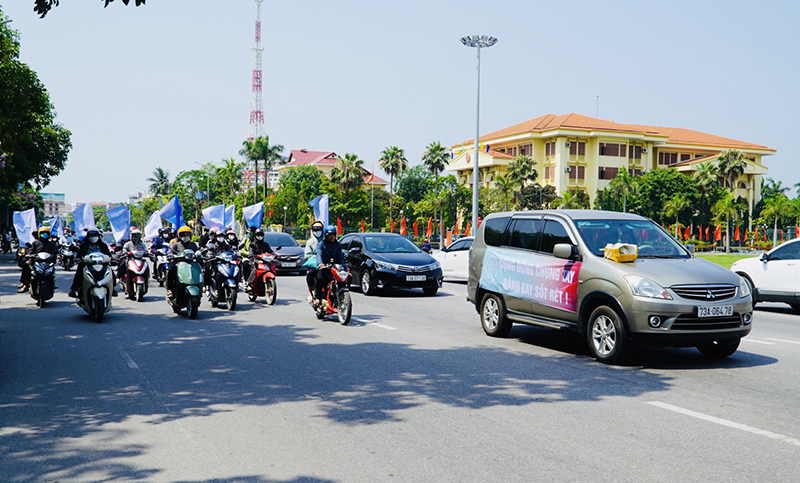 |
In addition, population movements are difficult to control (free migration, border exchanges, people going to the forest, sleeping in the fields). The ecological environment in malaria-endemic areas always fluctuates due to climate and weather factors; socio-economic conditions in malaria-endemic areas are still difficult, the poverty rate in ethnic minority areas is still high; local budgets for malaria prevention and control are almost non-existent... are the reasons that can increase malaria.
Malaria prevention, control and elimination are of great significance to people's health, contributing to reducing the burden of disease, especially for mountainous communes and ethnic minority areas. Therefore, in 2024, with the theme "Concentrating all efforts to eliminate malaria in Vietnam", the provincial health sector calls on all levels, sectors and all people to raise awareness and understanding of malaria and actively prevent, control and prevent the risk of malaria epidemics in the community. The health sector recommends that if localities and people are subjective and negligent, the risk of malaria returning will be very high.
| Currently, there is no vaccine to prevent malaria. The most effective method of disease prevention is to prevent contact between people and mosquitoes that transmit the disease by spraying chemicals, impregnating mosquito nets with chemicals to kill mosquitoes, sleeping under mosquito nets, wearing long-sleeved shirts and long pants when going to the forest or working in the fields; keeping the house clean, removing objects that hold water, clearing bushes, and unclogging drains around the house. People returning from mountainous areas or areas where malaria is prevalent should go to a medical facility for examination, testing, and timely detection of the disease. |
Hanoi
Source: https://www.baoquangbinh.vn/suc-khoe/202410/phan-dau-loai-tru-sot-ret-vao-nam-2026-2221999/


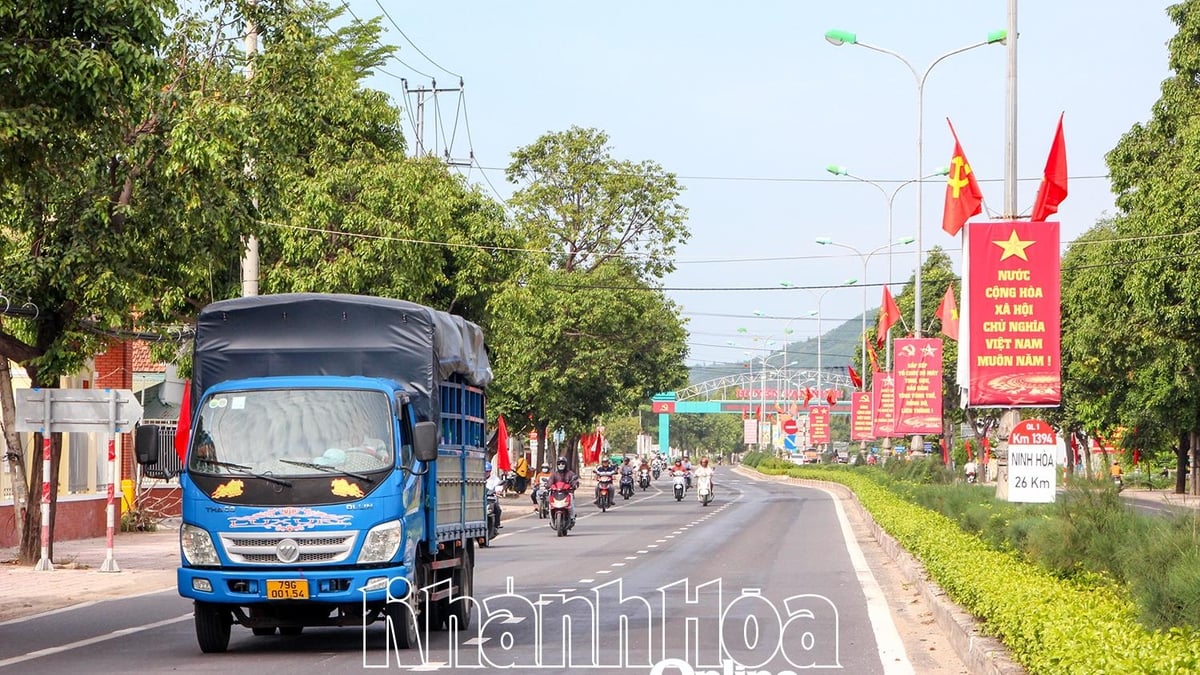








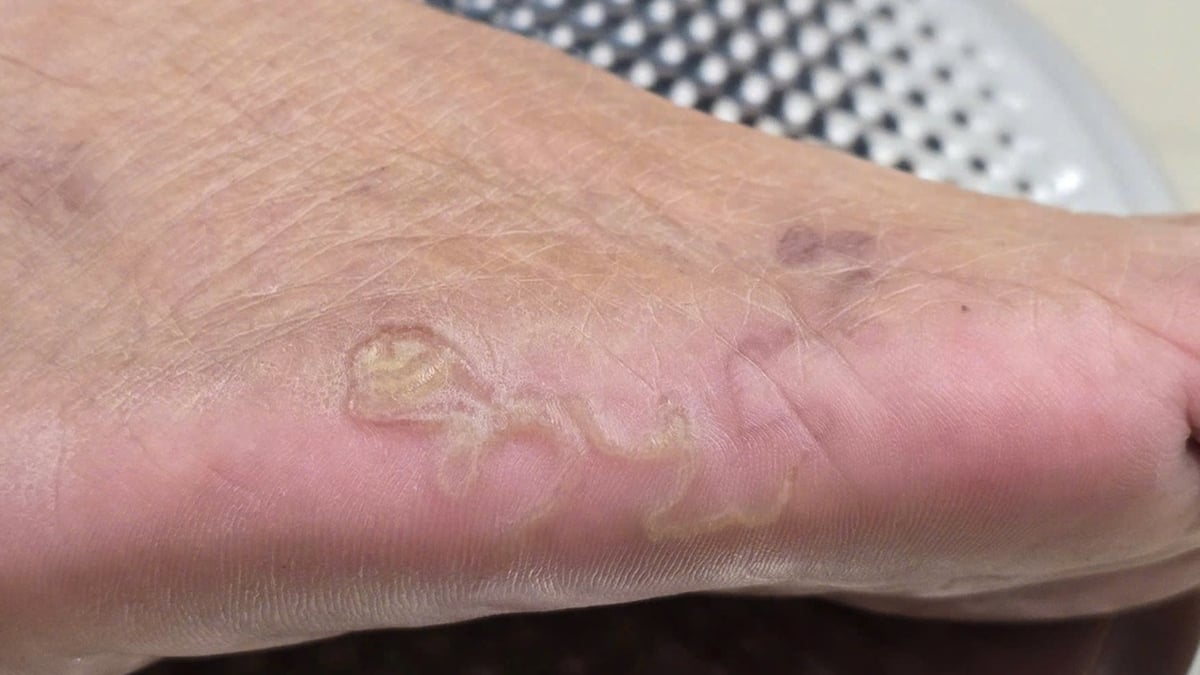











































![[Maritime News] Container shipping faces overcapacity that will last until 2028](https://vphoto.vietnam.vn/thumb/402x226/vietnam/resource/IMAGE/2025/7/30/6d35cbc6b0f643fd97f8aa2e9bc87aea)










































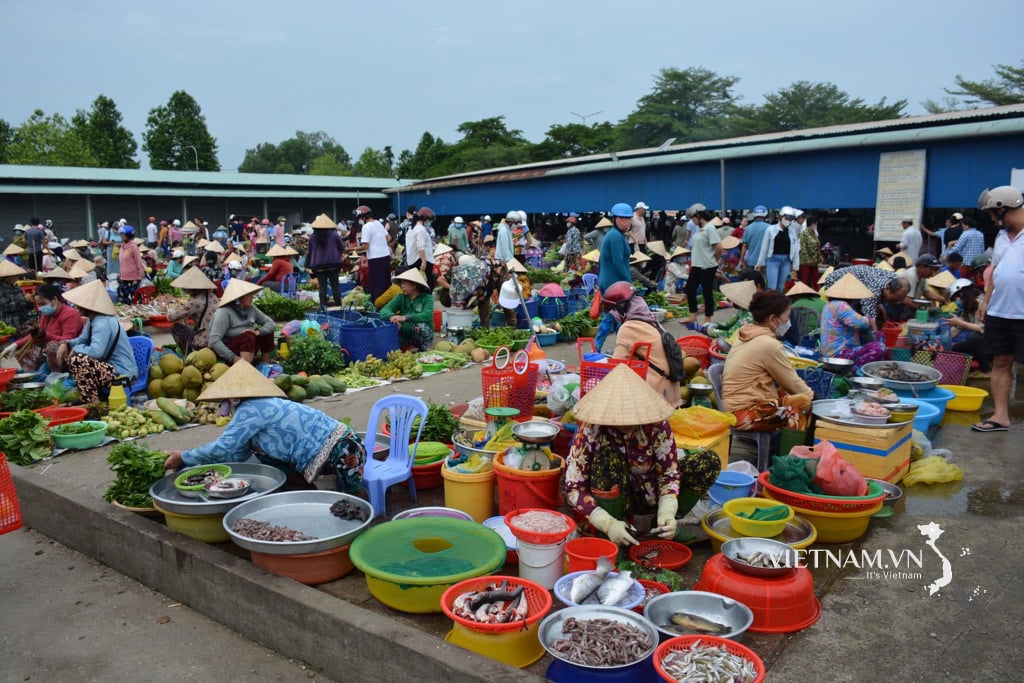

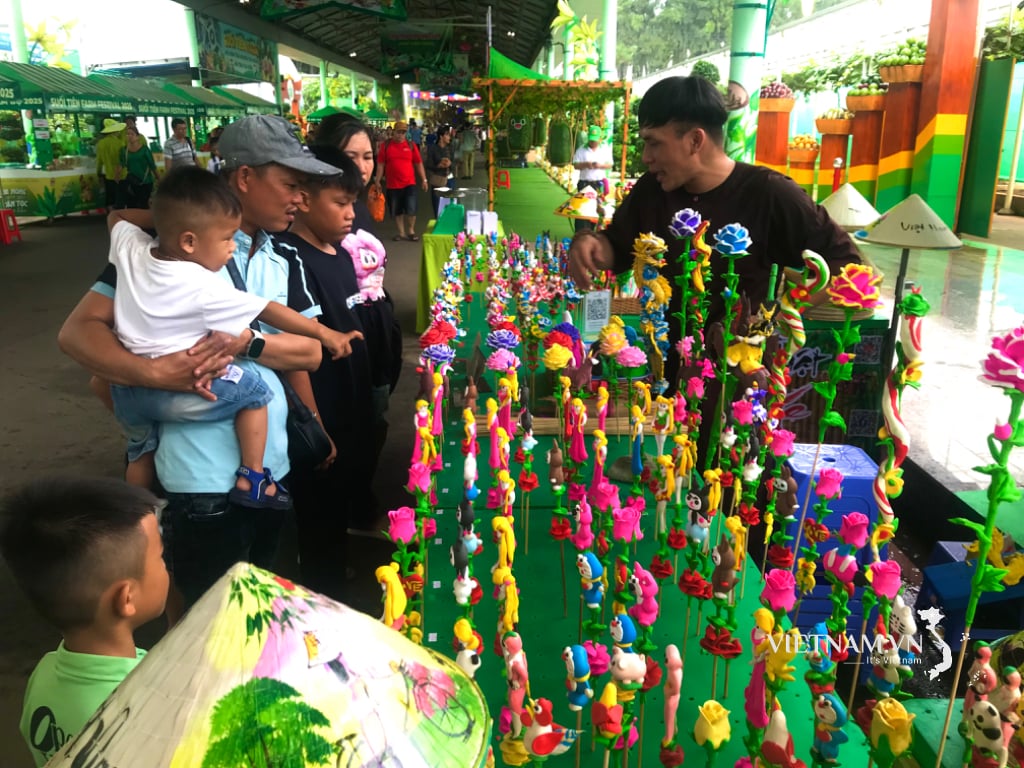
Comment (0)